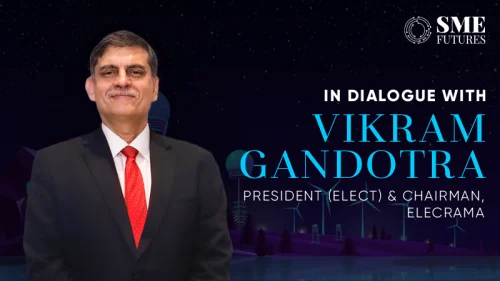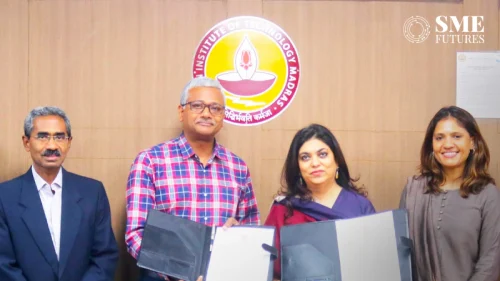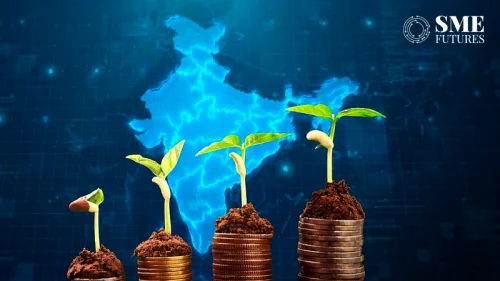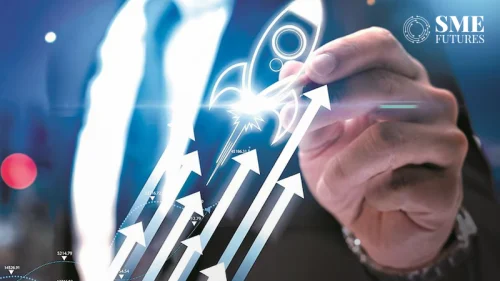The Internet and Mobile Association of India (IAMAI) appealed to the Centre and the GST Council to maintain status quo on GST rates on online skill gaming to let the industry survive.
The current rate of GST on this sector of online skill gaming industry is 18 per cent on the Gross Gaming Revenue (GGR) and zero per cent on Contest Entry Fee (CEF) which is legal, fair and in line with international taxation standards for this sector.
The industry body said that the imposition of further 28 per cent GST on GGR would increase the incidence of taxation to about 55 per cent, which is patently unfair for an industry which is considered to be a legitimate trade — profession and not a game of chance.
Also Read: The GST conundrum: A super hard level for the Indian online gaming sector
“It would make it unviable for the vast majority of players (consumers), negatively impacting net GST collection from the sector,” it said in a statement.
In addition, if 28 per cent GST is imposed on the CEF, the incidence of GST shoots up nearly 10 times (1,100 per cent).
“Thus, it is very likely that the industry and GST revenue, thereof, will cease to exist,” said the association.
Online games have paid a cumulative Rs 6,000 crore GST since the last four years and are likely to pay Rs 16,000 crore between 2022-2025.
It is estimated that a major portion of this comes from online games of skill, given the transparent, measurable, and non-cash mechanism that this sector follows.
According to the IAMAI, the impact of any changes in the current incidence of GST would mean that many of the offline service providers will go underground leading to further revenue leakages on one hand.
“On the other hand, for the online games of skill, it would tantamount to killing the proverbial goose that lays golden eggs,” it said.
Globally, many jurisdictions in the EU, the UK, the US etc. levy tax only on the GGR.
Studies show that a tax rate on the GGR between 15-20 per cent provides the most favourable returns to the tax authorities.
The Supreme Court has clearly ruled that games of skills are legitimate trades and, therefore, are protected under Articles 19(1)(g) and 14 of the constitution.
“It would be against the letter and spirit of the Supreme Court’s judgement to equate games of skill with games of chance — gambling, betting or wagering,” said the industry body.











